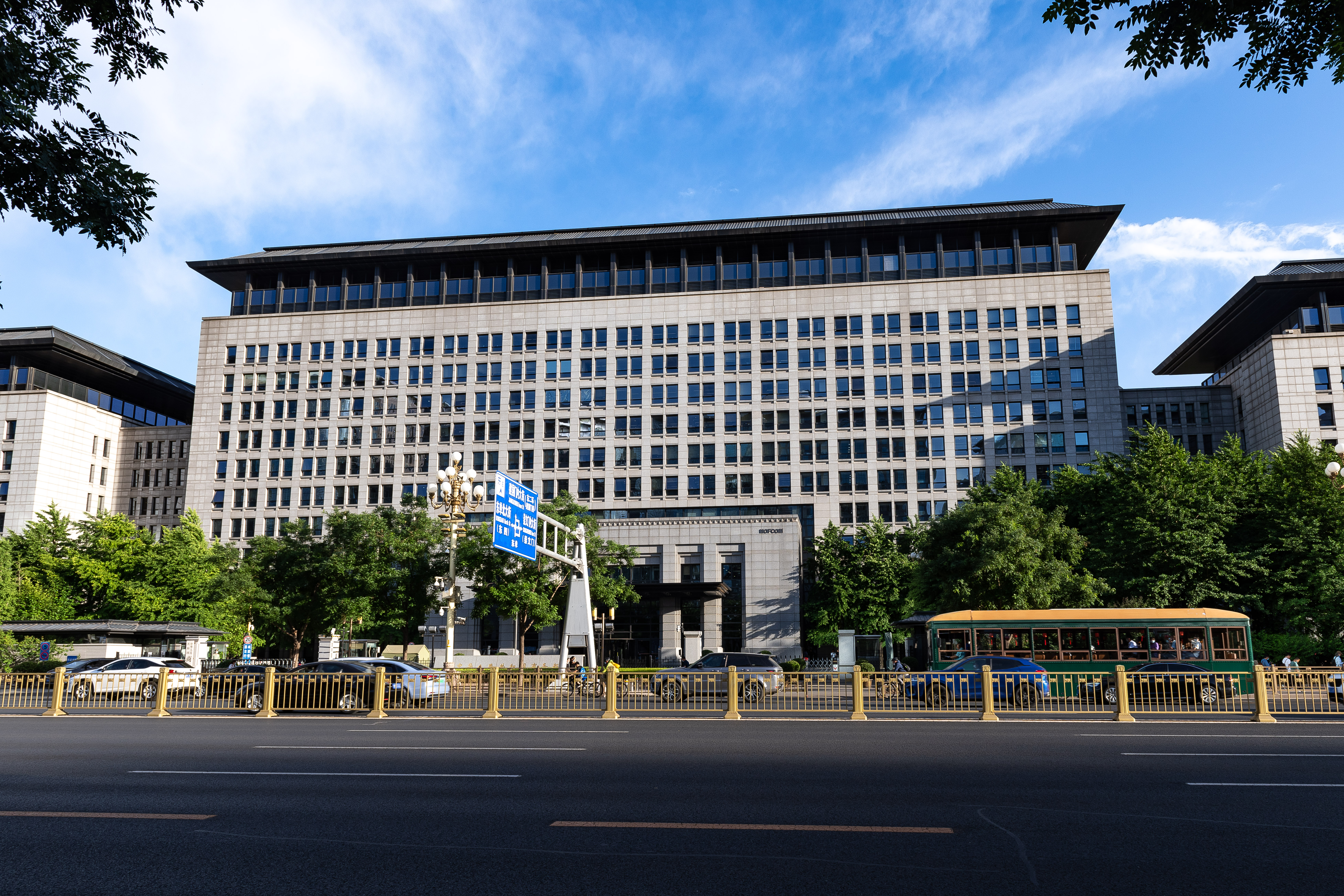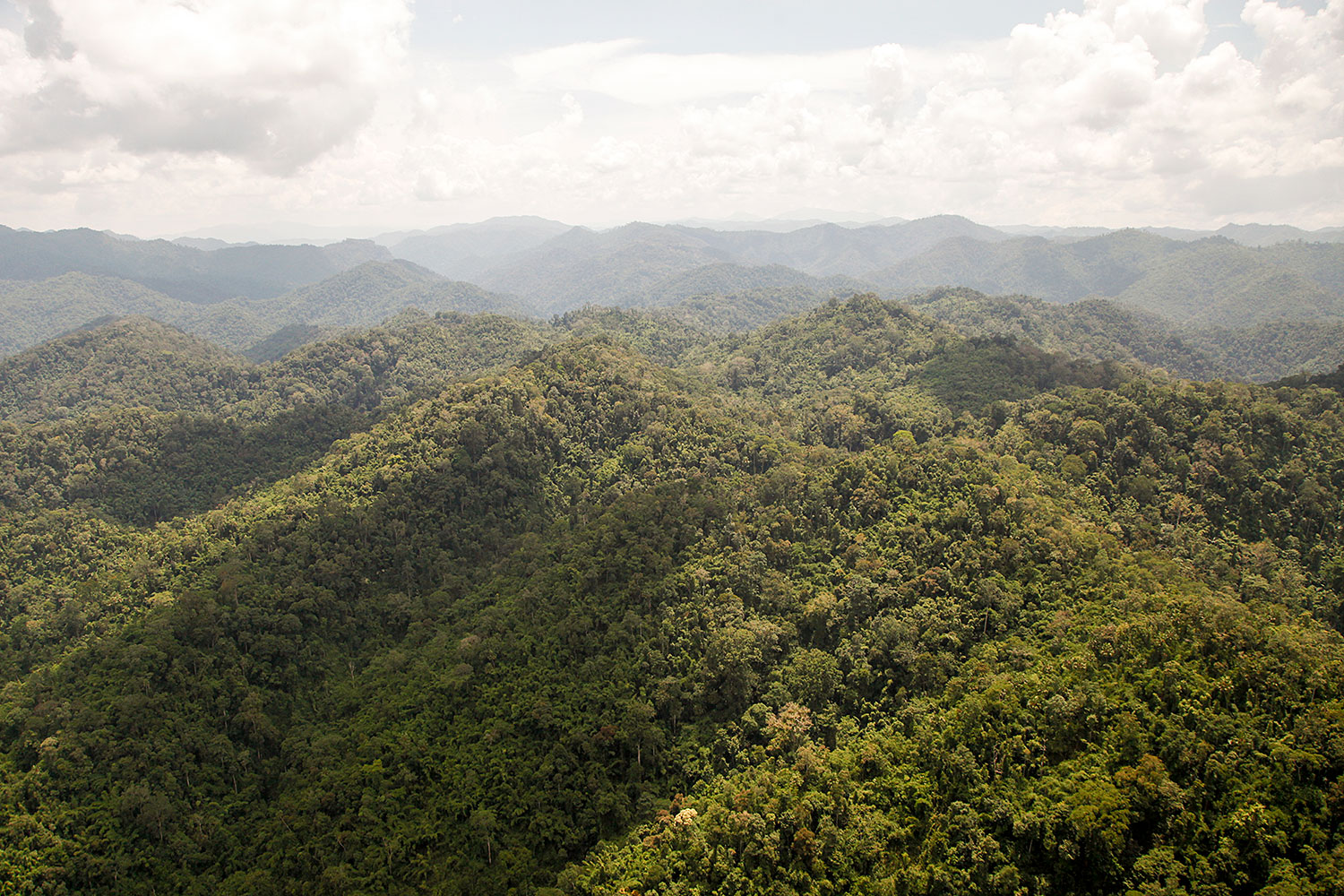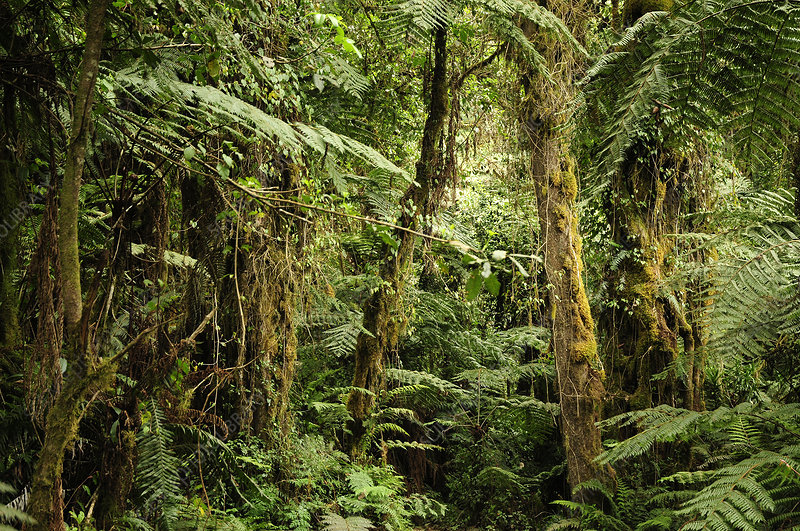Studies on germination behavior are important tools for understanding how environmental factors affect geographic distribution and colonization of invasive plants. Particularly seedlings of invasive plant species benefit from high light intensity, as often found in disturbed areas of low canopy cover.
A consortium of 3 scientists from Tanzania and Germany carried out the research, published in Global Ecology and Conservation, which shows how the effect of various shade levels on seed germination and early growth of the invasive tree Maesopsis eminii at the nursery of a biodiversity hotspot, the Amani Nature Forest Reserve, Tanzania
To download this article please click: Effect of seasonality and lightlevels on seed germination of the invasive tree Maesopsis eminii in Amani Nature Forest Reserve,Tanzania, Global Ecology and Conservation.
Please cite this article as: Mwendwa, B.A., Kilawe, C.J., Treydte, A.C., Effect of seasonality and light levels on seed germination of the invasive tree Maesopsis eminii in Amani Nature Forest Reserve, Tanzania, Global Ecology and Conservation (2019), doi: https://doi.org/10.1016/j.gecco.2019.e00807.
Dr. Charles J. Kilawe, co-author of the study is a researcher from the Department of Ecosystems and Conservation (DEC), Sokoine University of Agriculture (SUA) working on conservation biology, plant ecology, land use, GIS & Remote Sensing.




